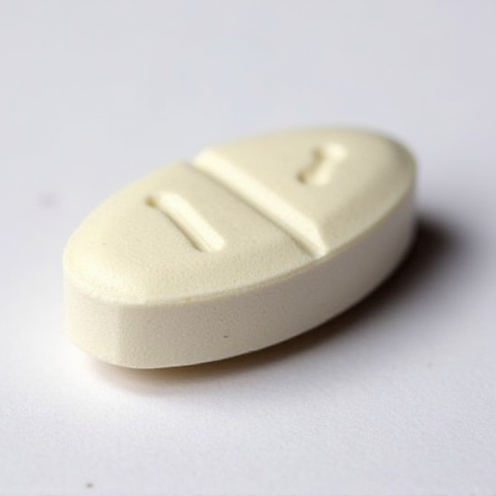Zeblong 8mg Tablet
Product Info
| Prescription required | Yes |
| Marketer | Ipca Laboratories Ltd |
| Active Ingredient | Azelnidipine (8mg) |
| Storage | Store below 30°C |
| Chemical Class | Diphenylmethanes derivative |
| Habit Forming | No |
| Therapeutic Class | CARDIAC |
| Action Class | Calcium channel blockers- Dihydropyridines (DHP) |
| User Rating | 4.9 |
| User Reviews | 448 |
FAQ


















Zeblong 8mg Tablet Reviews
Zeblong 8mg may be prescribed alone or along with other medicines. The dose depends on your blood pressure levels and the severity of your condition. You can take it at any time of the day, with or without food, but it is best to take it at the same time each day. Keep taking it for as long as advised by your doctor. Do not stop this medicine on your own, even if you feel well because high blood pressure often has no symptoms. This makes it hard to identify any sudden spike and if you stop taking it, your condition may get worse.
Keeping active with regular exercise, reducing your weight, and eating a healthy diet will also help control your blood pressure. Follow your doctor’s advice while taking this medicine. Studies have shown that it also has a protective effect on the heart.
The most common side effects include itching, drowsiness, constipation, abdominal pains, diarrhea, and frequent urination. Consult your doctor if any of these bother you, or do not go away. They may be able to suggest ways to reduce the side effects.
Before taking it, let your doctor know if you have any liver, heart, or kidney problems. Pregnant or breastfeeding women should also consult their doctor for advice before taking this medicine. You also need to tell your doctor what other medicines you are taking, especially those used to treat high blood pressure or heart conditions. You should have your blood pressure checked regularly to make sure that this medicine is working properly.
How Zeblong 8mg Tablet Works
How to Use Zeblong 8mg Tablet
Uses of Zeblong 8mg Tablet
- Hypertension (high blood pressure)
Zeblong 8mg Tablet Side Effects

Safety Tips
Quick Tips
- A sudden drop in your blood pressure may occur, especially when you first start taking Zeblong 8mg. To lower the chance of feeling dizzy or passing out, rise slowly if you have been sitting or lying down.
- A sudden drop in your blood pressure may occur, especially when you first start taking Zeblong 8mg. To lower the chance of feeling dizzy or passing out, rise slowly if you have been sitting or lying down.
- Inform your doctor if you are pregnant, planning a pregnancy or breastfeeding.
- It can cause ankle or foot swelling. To reduce the swelling, raise your legs while you are sitting down. Talk to your doctor if it does not go away.
- It may cause dizziness. Do not drive or perform any activity that requires mental focus until you know how Zeblong 8mg affects you.
- Inform your doctor if you are pregnant, planning a pregnancy or breastfeeding.
- It may cause dizziness. Do not drive or perform any activity that requires mental focus until you know how Zeblong 8mg affects you.
- It can cause ankle or foot swelling. To reduce the swelling, raise your legs while you are sitting down. Talk to your doctor if it does not go away.
References
- Hilal-Dandan R. Renin and Angiotensin. In: Brunton LL, Chabner BA, Knollmann BC, editors. Goodman & Gilman’s: The Pharmacological Basis of Therapeutics. 12th ed. New York, New York: McGraw-Hill Medical; 2011. pp. 739-41.
- Central Drugs Standard Control Organisation (CDSCO). Aliskiren.
- Briggs GG, Freeman RK, editors. A Reference Guide to Fetal and Neonatal Risk: Drugs in Pregnancy and Lactation. 10th ed. Philadelphia, PA: Wolters Kluwer Health; 2015. p. 39-40.
- Opie LH, Pfeffer MA. Inhibitors of the Renin-Angiotensin-Aldosterone System. In: Opie LH, Gersh BJ, editors. Drugs for the Heart. 8th ed. Philadelphia, Pennsylvania: Elsevier Saunders; 2013. pp. 162-63.
